ERC Advanced Grant for Hans Kuipers
Kuipers will use the prestigious ERC Advanced Grant worth 2.5 million Euros to develop detailed models of catalytic three-phase reactors for the production of synthetic fuels.
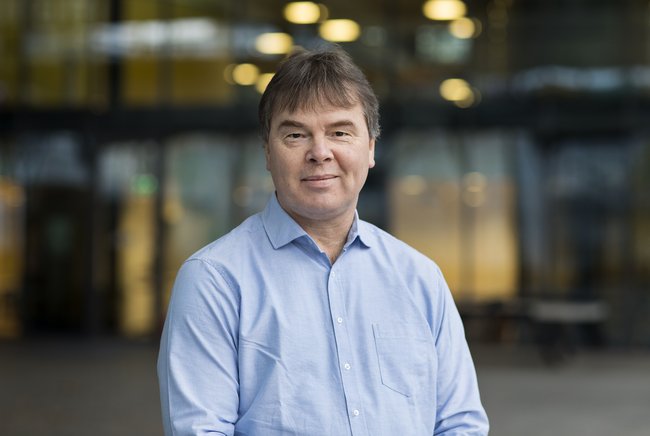
After a time of uncertainty, Hans Kuipers received exciting news at the beginning of this summer: he will receive an ERC Advanced Grant to carry out his promising, but high-risk modeling and experimental research on catalytic three-phase reactors. Such reactors are used in the food industry and to produce synthetic fuels in the chemical process industry.
Due to the fierce competition, ERC grants are hard to obtain, and an ERC Advanced Grant is particularly hard to get. Although Hans Kuipers' initial proposal met all the ERC excellence criteria, his initial grant application was put on a reserve list for definite granting. But just before the summer break there was very good news for Kuipers: the research has been awarded with an ERC Advanced Grant, and the work can start.
For Kuipers, professor of chemical process technology in the Multi-Scale Modeling of Multiphase Flows group in the department of Chemical Engineering and Chemistry, and affiliated with the EIRES institute for sustainability, it is his second ERC Advanced Grant. “Yes, that is quite unique because of the low success rate for such grant applications,” says Kuipers. “I received the first ERC Advanced Grant more than 10 years ago to work on gas-fluidized bed reactors displaying dense gas-particle flows. Now, I’ve received funding to work on reactors with three phases in so-called Slurry Bubble Columns Reactors (SBCRs).”
Such reactors are the workhorses of the chemical process industry, and Kuipers’ group does a lot of research on these reactors. “This second grant is a clear recognition of the excellent research conducted in our group,” adds Kuipers.
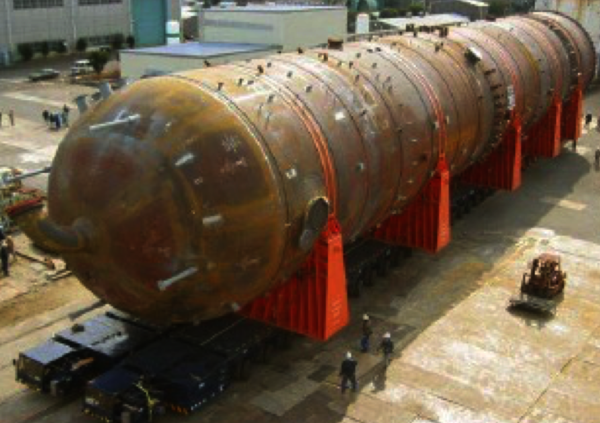
What is a multi-phase reactor?
Kuipers' research proposal aims to develop advanced models of three-phase catalytic reactors. “In such reactors, three phases (gas, liquid, and solid) interact with each other while catalytic reactions take place at the same time, and this releases a lot of heat,” explains Kuipers.
In a typical reactor, the aim of the game is for the different phases to mix with and contact each other, which includes the solid phase (catalyst particles). “The unique aspect of the project is to predict the interactions between the different phases as catalytic reactions take place. Although there is a huge international research effort on this, only a few groups are active in the multi-scale modeling of complex catalytic reactors. The work that we’ve done at Eindhoven (and before in Twente) over the past three decades means that we are at the forefront of developments when it comes to creating and validating multiphase models.”
These multiphase reactors already exist and are in active use. However, the development of three-phase catalytic reactors can be cumbersome and time consuming, and some reactor are huge vessel diameter and height reaching up to 15 and 60 meters respectively.
Kuipers explains. “The enormous scale means that it is crucial to have reliable design and optimization procedures. In this project, we want to improve the state-of-the-art by developing computer models validated with experiments, which can result in huge savings on development time and costs, while avoid the construction of over-sized reactors that do not use feedstocks in an optimal way.”
Synthetic fuels and the holy grail
Potential savings are not only interesting for the chemical process industry, but also for other industries utilizing these reactors. In particular, this applies to the large scale production of synthetic fuels, in so-called Fischer-Tropsch reactors, from raw materials such as hydrogen (H2) and carbon monoxide (CO).
“In the Fischer-Tropsch process clean synthetic fuels can be produced containing less nitrogen and sulphur. This is beneficial because then you produce far less toxic NOx and SOx compounds after combustion,” says Kuipers.
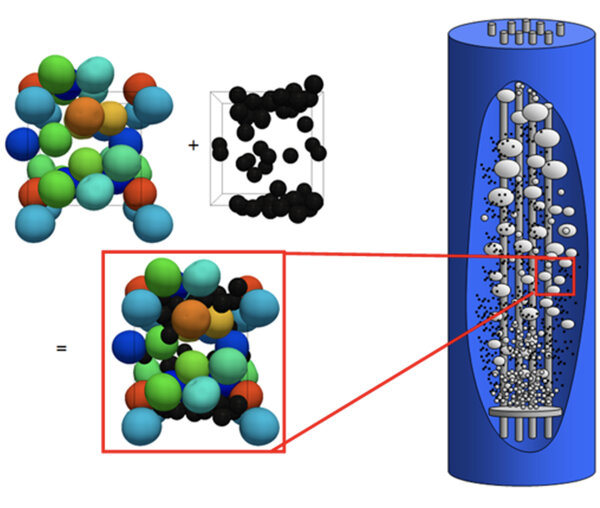
From models to experiments
In the first phase, Kuipers and team will develop numerical models, while in the second phase of the project, it’ll be the experiments time to shine, as Kuipers and his perspective research team aim to validate the numerical models from the first phase of the project.
“Fortunately, we don't need such a huge reactor in our lab. That is unaffordable for a university, and also not necessary,” says Kuipers. “So, instead, we build small reactors of ranging in size from 1 to 30 cm in diameter. This is enough to validate the accuracy of the numerical models. This is the core of the work: first to understand and predict what is happening on a small scale, and then expand the predictions to production scale.”
The plan
Thanks to the new grant, Kuipers will be able to hire six PhD students at different phases of the project. Kuipers: “Our research is at the intersection of three different disciplines: 40% transport phenomena and reaction engineering, 40% mathematics and multi-scale computational modelling, and 20% chemistry and catalysis.”
If everything goes according to plan, the first PhD candidates will start on the project on January 1st 2023, but Kuipers is quick to point out key issues with recruiting the best young researchers. “It is becoming increasingly difficult in our field to find the right people. In process technology young people are often already offered a job by employers while they are in the final stage of their MSc. studies,” says Kuipers.
Despite the potential issues with the recruitment of the first researchers for the new project, Kuipers has a very positive outlook. “I am hopeful that this project will make a difference when it comes to the development of ways to produce our future clean fuels. Contributing to positive change for the world is more than ever an important motivator for PhD researchers and supervisors alike. I can’t wait to get started with the new team!”
For more information on the project, you can contact Prof. Hans Kuipers via j.a.m.kuipers@tue.nl.
Other recent ERC Advanced Grants
Besides Hans Kuipers, Carlijn Bouten and Maurice Heemels are both recent recipients of ERC Advanced Grants this year. Bouten will use her grant to study how the organization of heart muscle tissue can be restored with the heart muscle heals after injury, while Heemels will study new control engineering paradigms that are aimed at breaking through the limitations of control systems in future high-tech systems. You can read about their research plans here.
Media contact
More on Sustainability
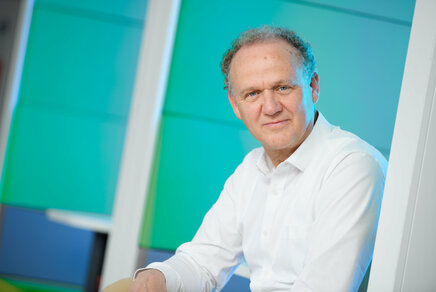
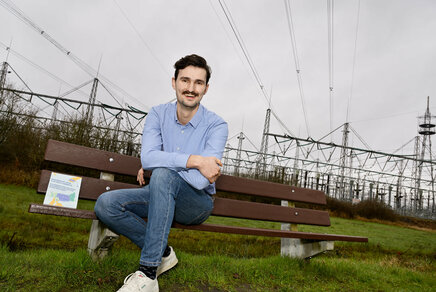
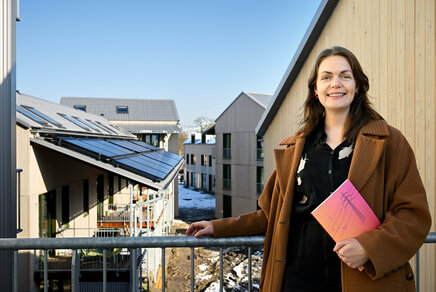
Latest news
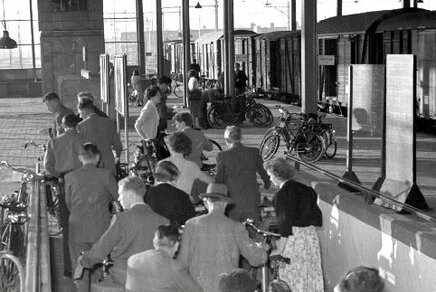
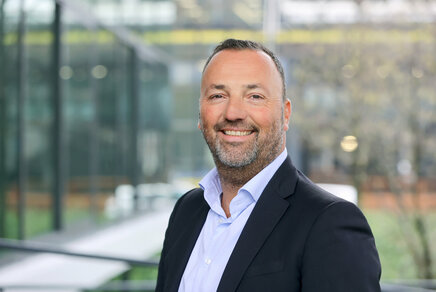
![[Translate to English:] [Translate to English:]](https://assets.w3.tue.nl/w/fileadmin/_processed_/e/0/csm_BvOF%202019_1031_BHF%20license%20TUe%20ILI%20copy_8a50884392.jpg)